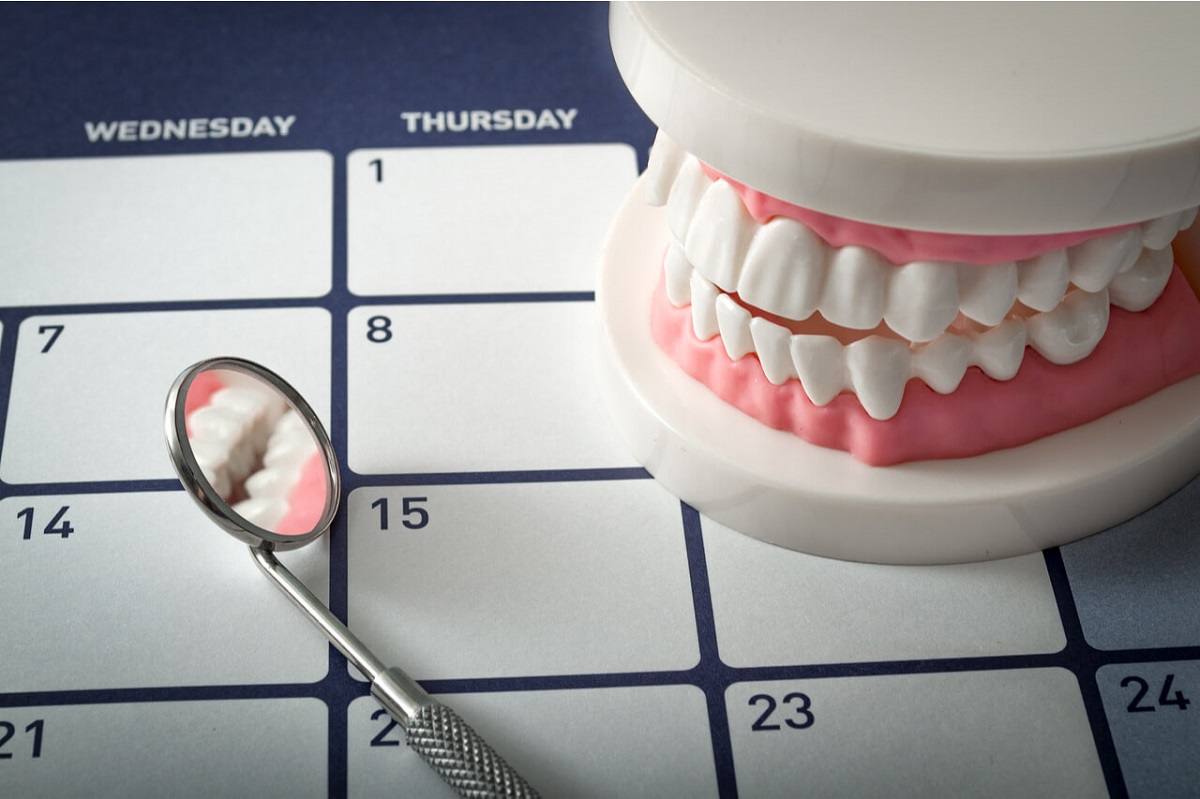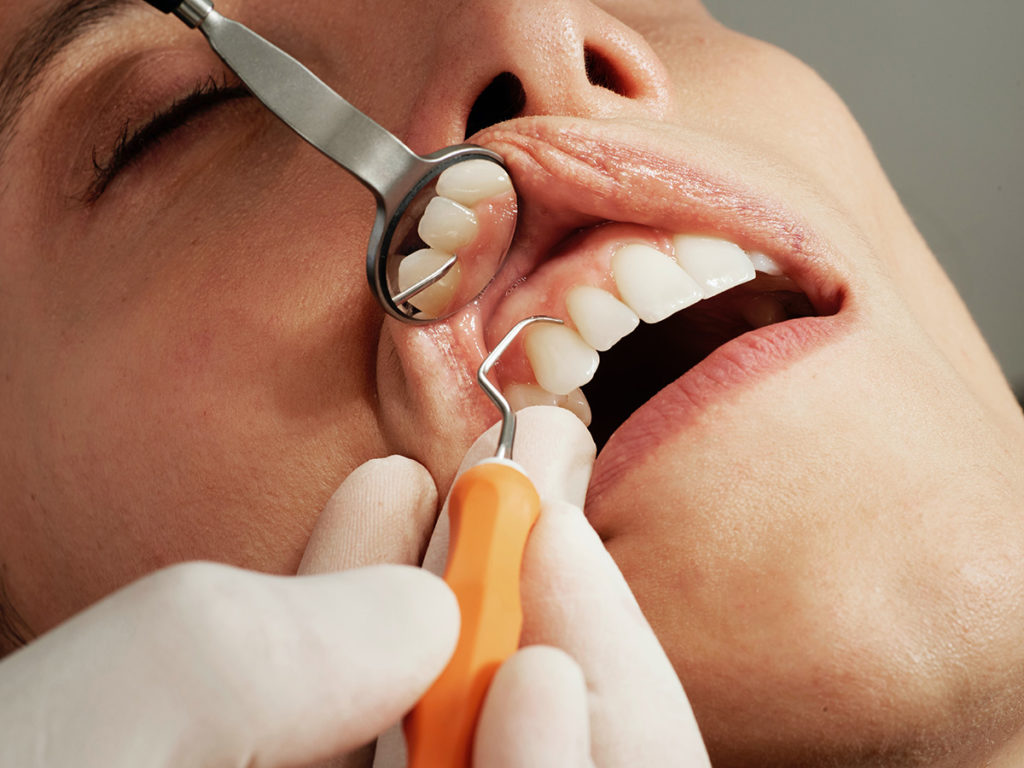Many patients opt out of setting appointments for regular dental cleanings with a hygienist Richmond, because they are unaware of the critically important benefits these visits offer. Patients then put their oral health at great risk of minor dental issues which are highly preventable, but if left ignored, can erupt into major dental problems.
By avoiding dental practitioners, the only thing patients can be sure of, are dental problems down the line, for as important as an oral hygiene practice is at home, it is only effective to a certain extent and needs additional help from a properly qualified dental professional.
The following statistics may shed some light on why professional dental care is mandatory: 75 per cent of British adults have one or more of their adult teeth missing, meaning they do not have a full dental arch of natural teeth and six per cent have none left.
Consequences of poor oral health
Before taking a look at the adverse effects of poor oral health, it may be helpful to understand just what the many functions teeth perform are. The most commonly referred to functions are its masticatory role (biting and chewing) in aiding digestion to feed the body, the contribution to clear speech and, if healthy, the ability to smile an aligned, warm pleasing smile. Without a beautiful smile to depend on, we can find it challenging to make friends easily as our confidence levels plummet. This confidence is also required to advance in our professional lives. In addition to the functions we are aware of, there are those that are not in our consciousness, quietly doing their job in the background. One of these is the function of giving shape to the human face. When we lose teeth not only does this give rise to problems with speech and masticatory function, but the human face may appear to have a sunken look which can cause an aged appearance.

So then, what are those direct adverse consequences that result from oral health issues?
Firstly, many of the dental issues experienced will cause dental pain, sometimes excruciating pain that cannot be further ignored, making eating a painful task and which puts one’s nutrition at risk. This dental pain can also interrupt everyday activities, including the need to take time off from work.
Then there is the negative impact on mental and psychosocial health brought about by the loss of confidence due to gaps in teeth or misaligned teeth. The challenges involved here relate to quality of life. Patients may struggle meeting their nutritional needs, may struggle pronouncing words clearly and they may find they are too ashamed to engage with others.
Good dental health begins with a patient’s positive attitude to dental hygiene, the Oral Health Foundation offers some guidance towards this aim. To brush and floss at least once during the day and once at night before sleep observing recommended techniques, such as brushing for a full 20 minutes using a suitable toothbrush and toothpaste. To avoid a diet high in sugars and acids, avoid smoking and attend regular check-ups. Compassionate and caring experienced dental practitioners are more than happy to give advice on how to maintain teeth, hopefully for a lifetime.

